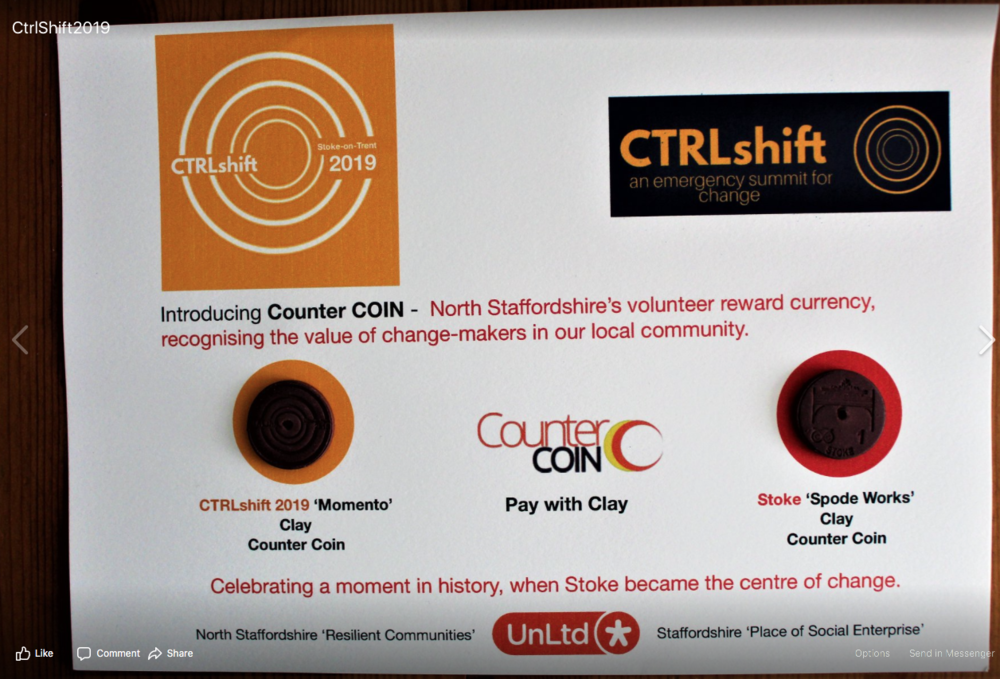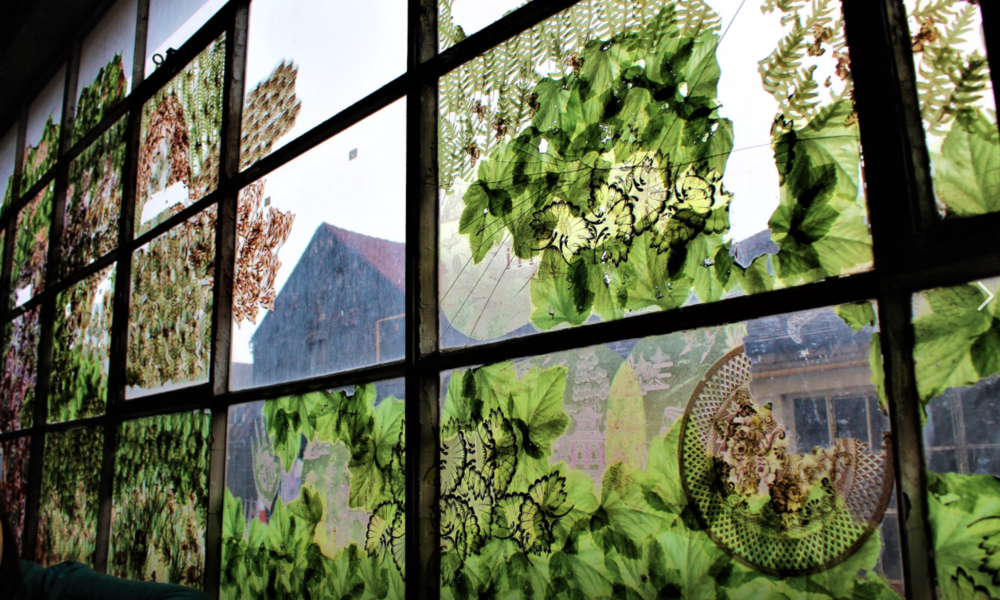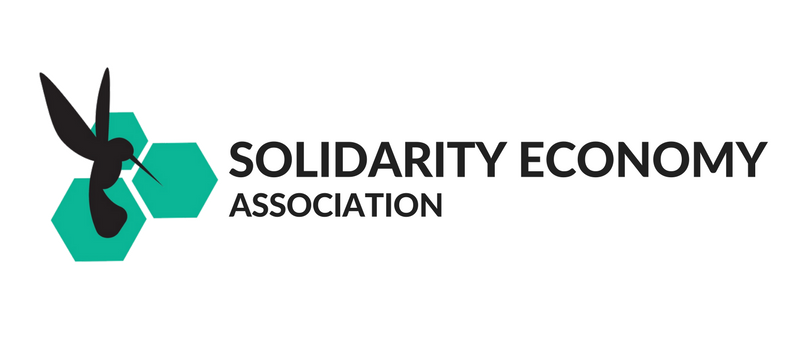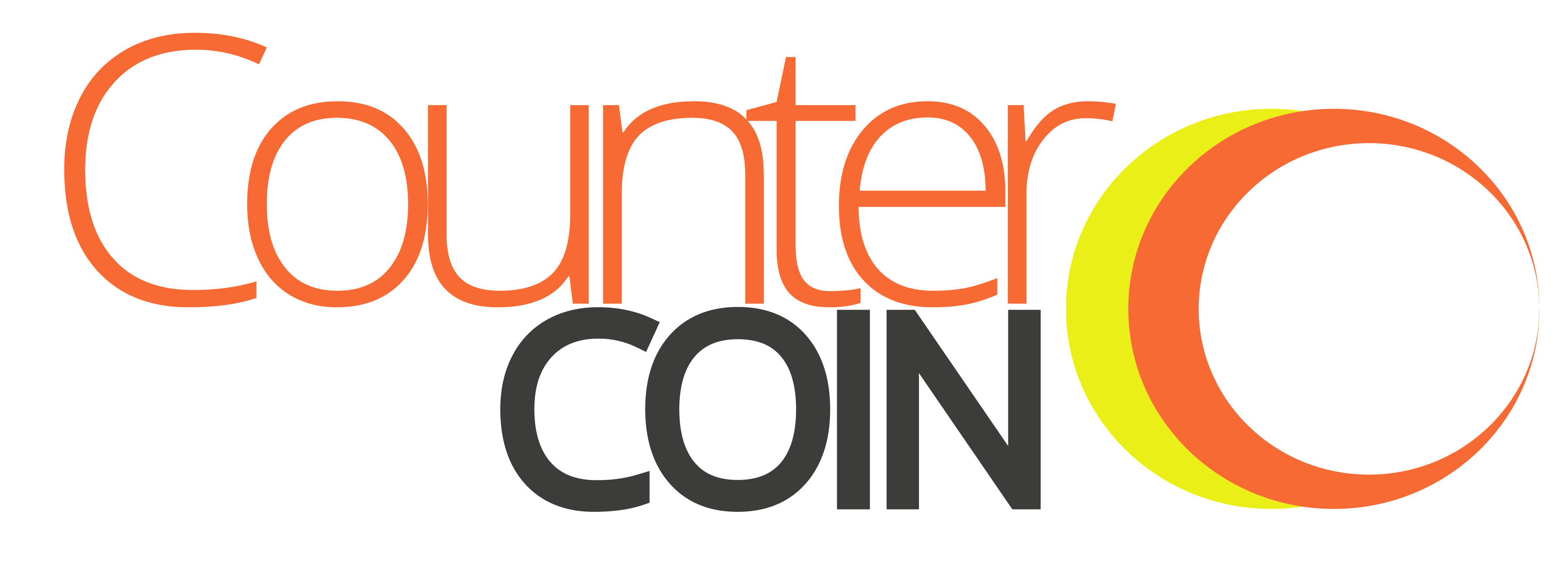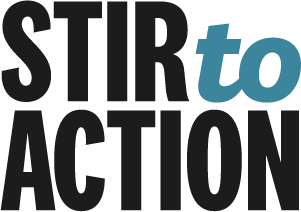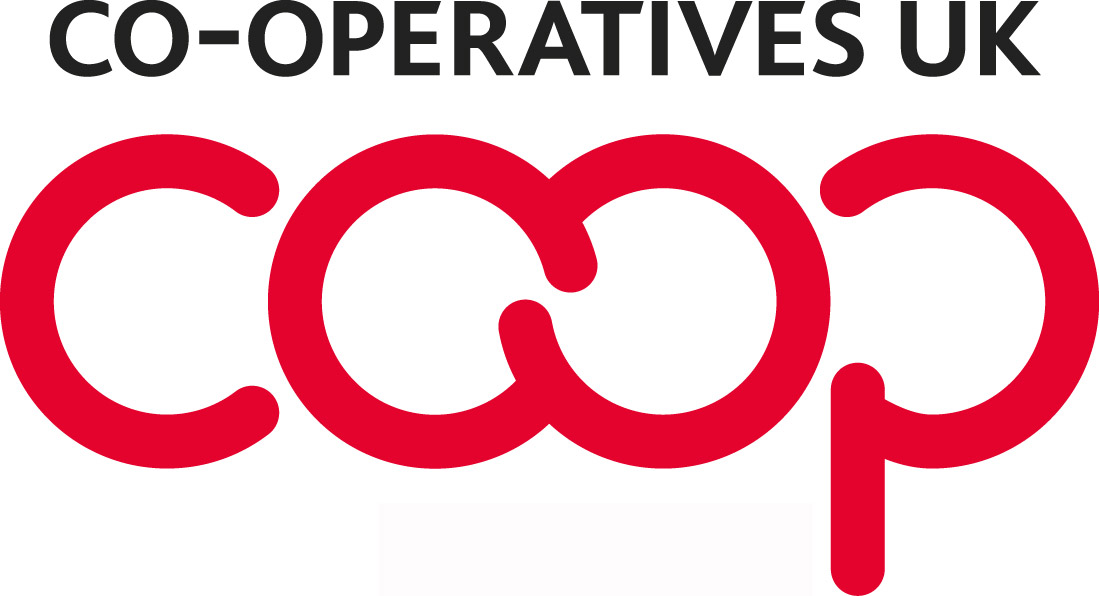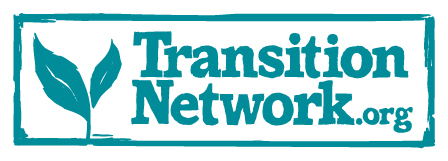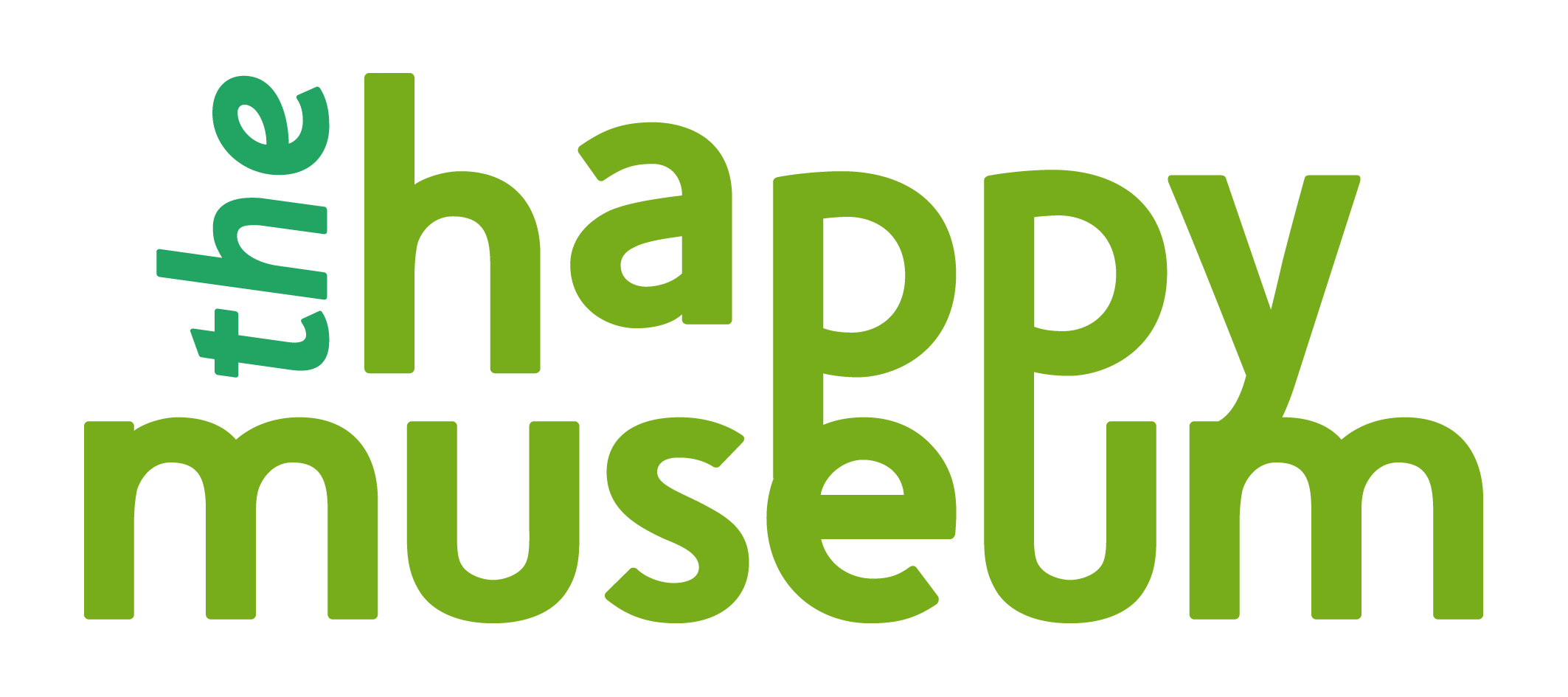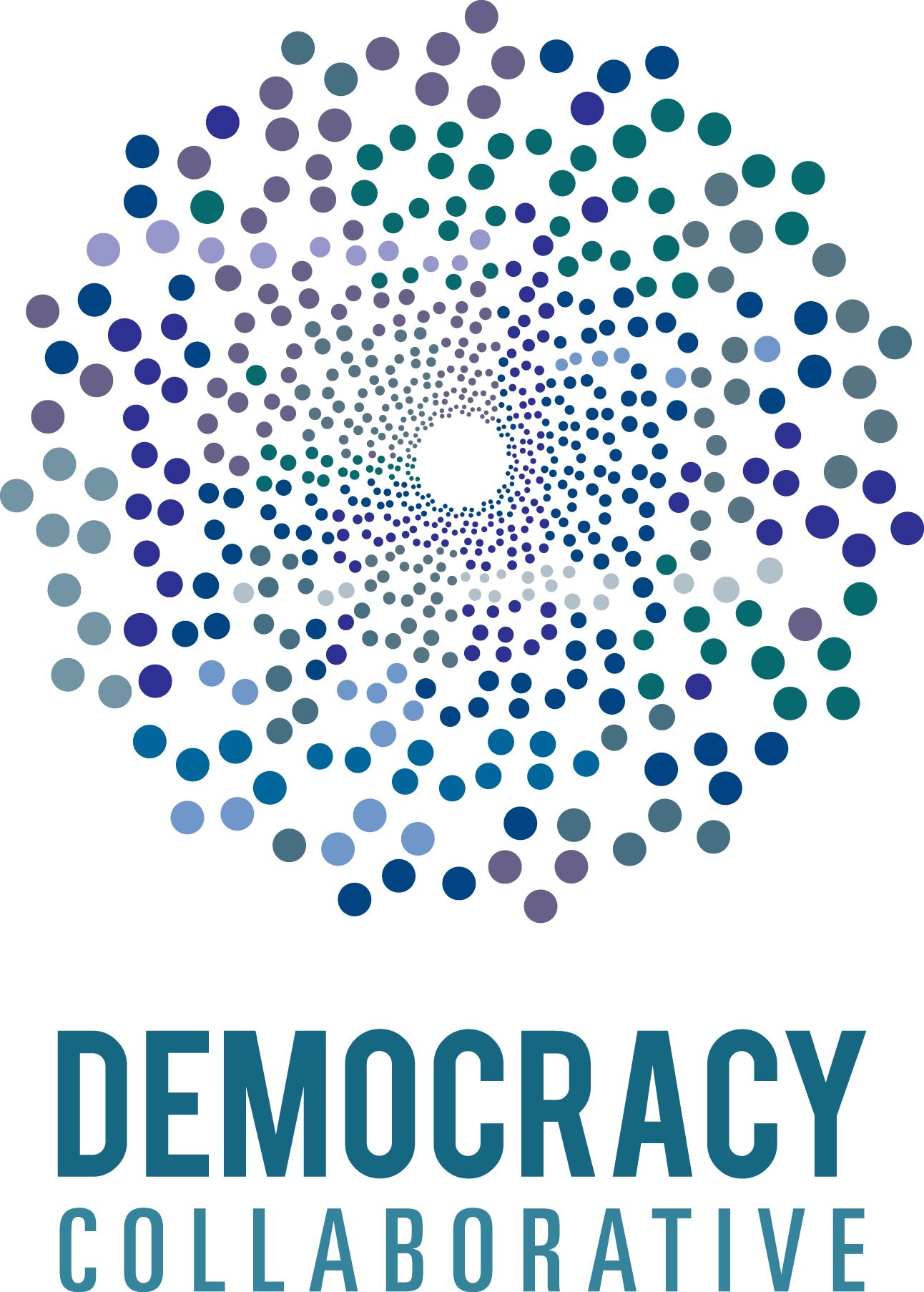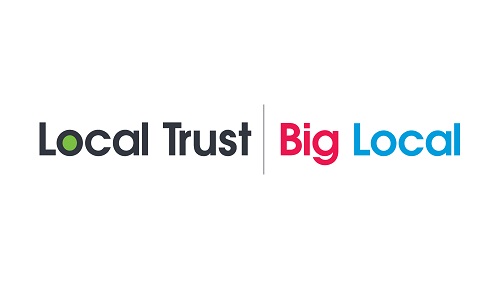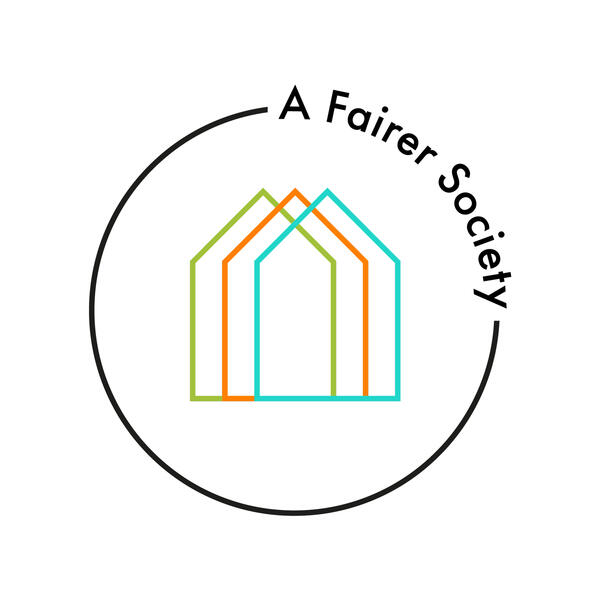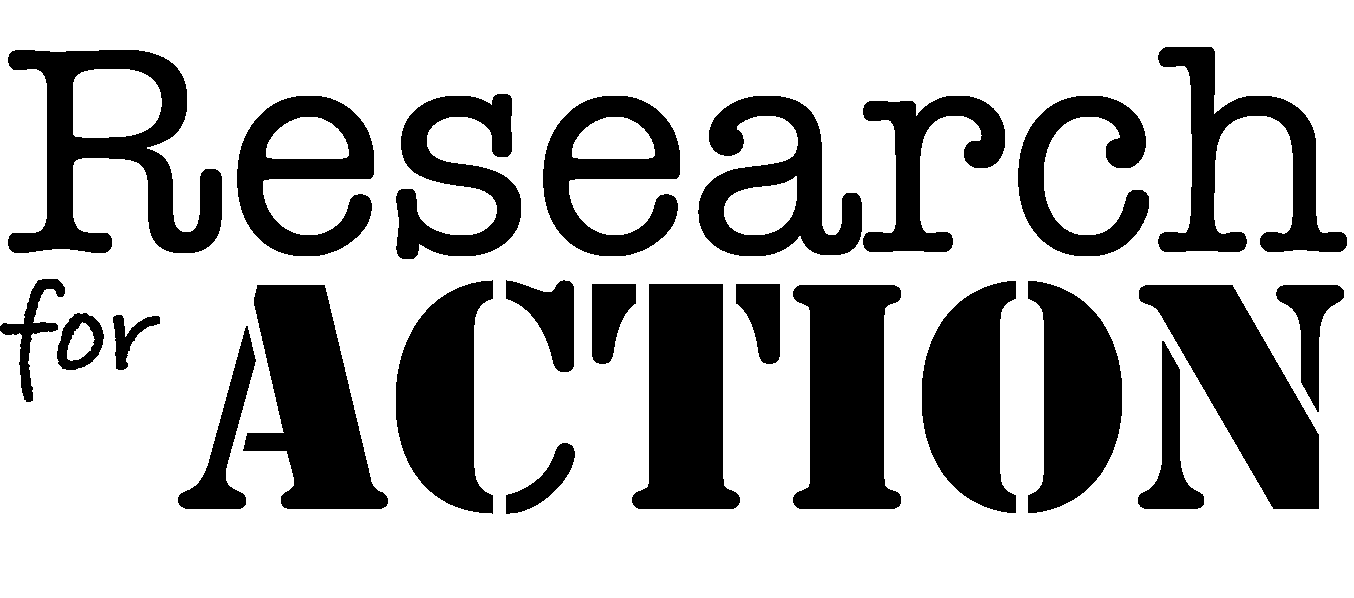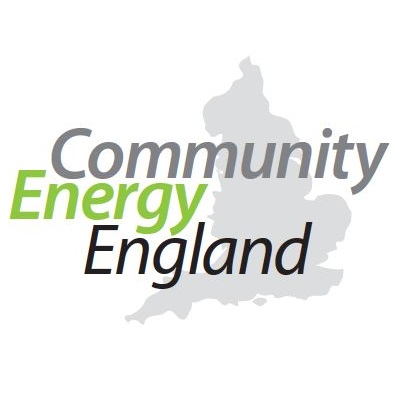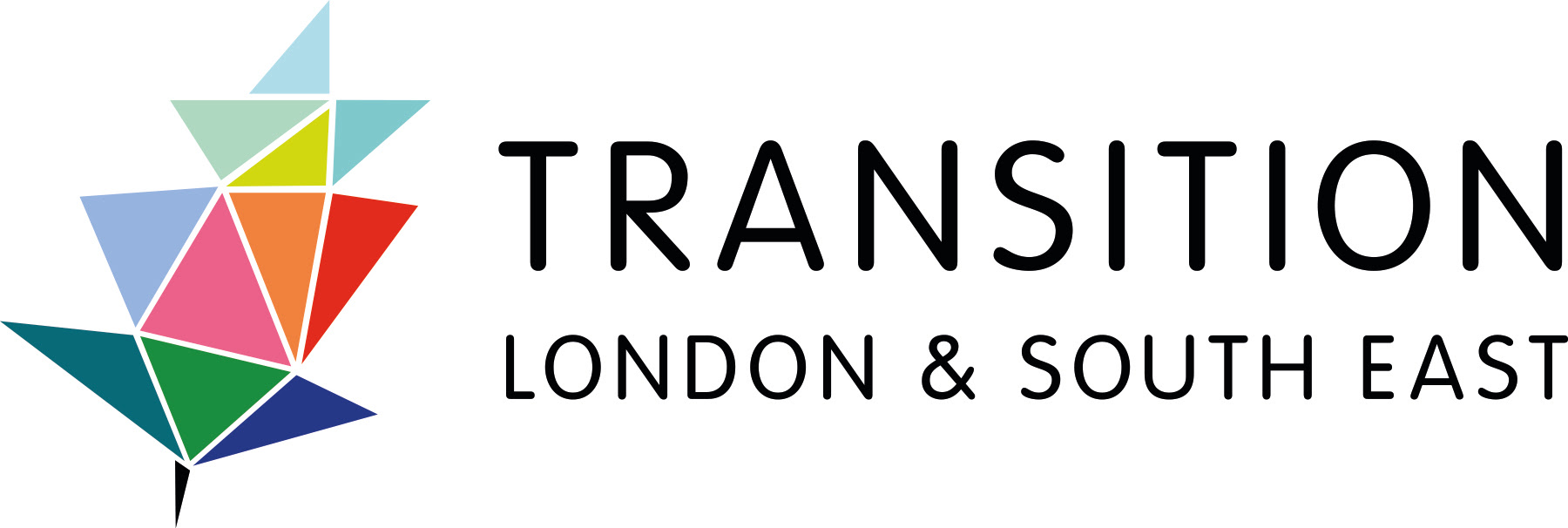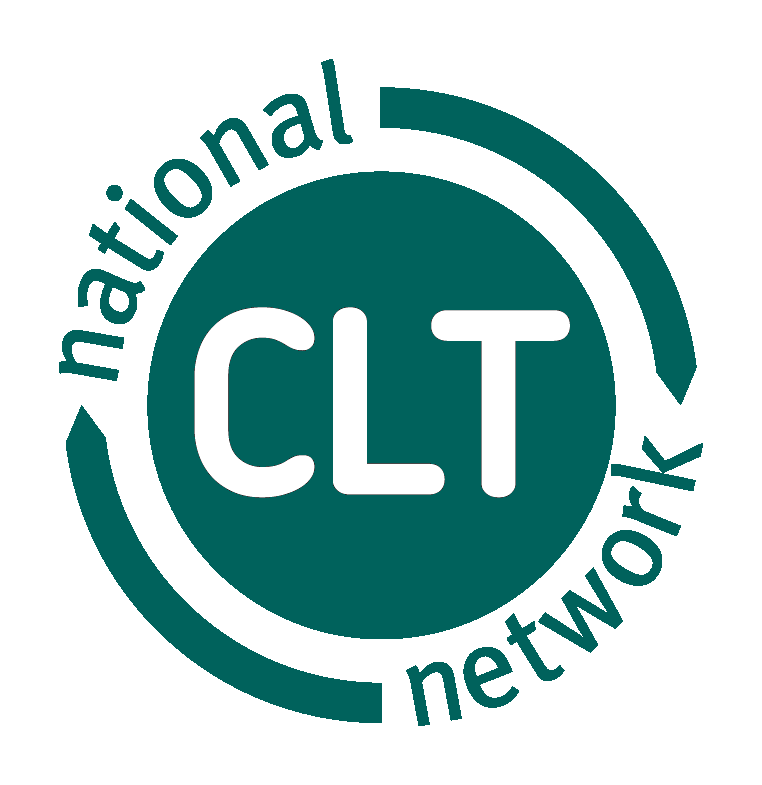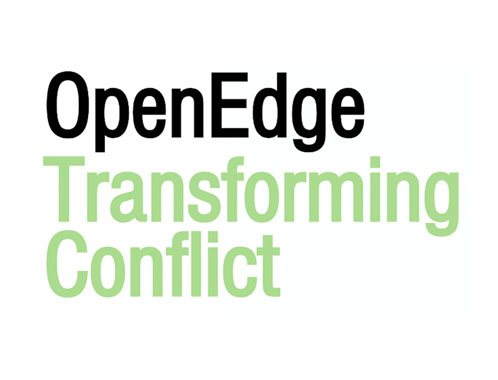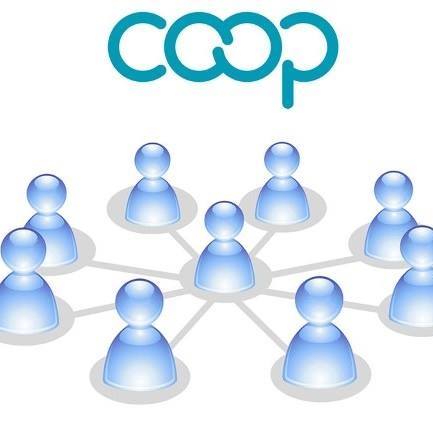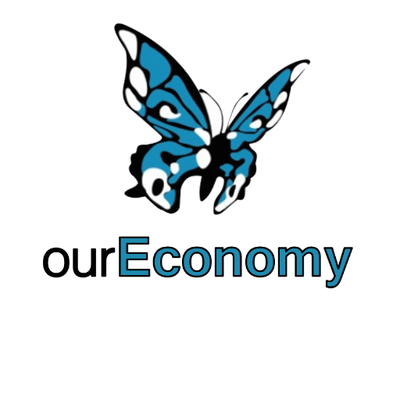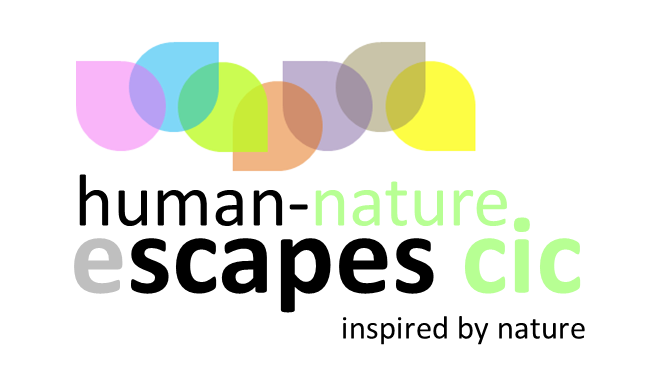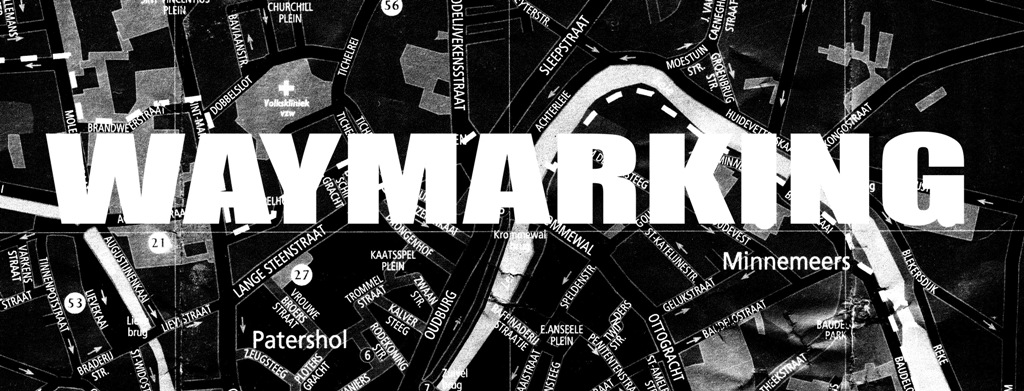CTRLshifts into next gear

Some initial reflections from on #CTRLshift2019 from CTRLshift Steering Group member Indra Adnan. Originally posted on The Alternative UK.
Last week we described a Mexican wave of action moving across the landscape which is our struggling planet. First Greta Thunberg, then Extinction Rebellion, then the three UK parliaments declaring climate emergency, followed by the local elections in which a whole new cohort of values-based independents were elected. And now, all around the country, new XR uprisings, prompting the wave to continue around the country.
As one wave appears to complete, another one starts up. This week, we were in Stoke-on Trent, meeting together with 120 people, each representing an organisation in the network we call CTRLshift: Emergency Summit for Change. Last year’s inaugural meeting in Wigan occurred soon after the publication of the IPPC report but well before Greta and others began to make a mark.
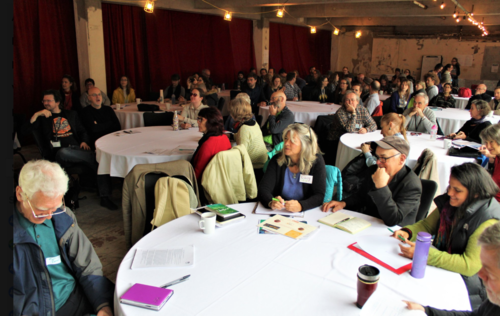
CTRLshift was Initiated by members of system-change organisations including Permaculture Association, Transition Network, Shared Assets, The Alternative UK and many others (see here for partner organisations).
System change is not loosely evoked. These organisations have adopted the task that Buckminster Fuller described as building ‘a new model’ to replace the old, dysfunctional growth economy that has almost destroyed our planet.
Most have been working for decades, seeding, growing and prototyping microcosms of a new system that would re-create a flourishing planet. All have as the backbone of their work the relationship between a thriving human being, an enabling community and a healthy planet – in A/UK terms, I, We, World.
Last year’s gathering (read about it here) was a triumph – mostly because so many of us gathered successfully under this banner. We believed that ‘shifting control’ from the national-level political parties and corporations, to the people and organisations collaborating in towns, cities and regions, IS the best way to respond to the multiple crises we face.
Without facilitating the participation of the people, getting their emotional and physical needs met within their communities, we won’t get the results we need in the time we have left, before the climate deadlines bite. Worse than that, continuing to exclude the majority of people from our solution-making leaves too many people vulnerable to manipulation by those who want to continue pillaging our common resources.
Meeting each other face to face instantly generated new relationships, new projects, new energy. And new soft power – which means a new story we could all share about what was good and what was possible.
But at the end of this first Summit, we were reminded of our limitations. Not only were we displaying a very familiar problem for socio-environmental organisations – a lack of diversity (agency and ethnicity). But we also had no real shared idea of how we could rapidly accelerate the steady pace of change we had set over quite a long period of time. Were the two linked?
In this second Summit, we have begun to address these points. Our organising committee is more diverse and the issues of inclusion have moved into the centre of our conversation. And, as described by the Mexican wave above, the call for acceleration is very present in the room. Members of XR Youth are amongst us, for example, making their mark. Challenging us to make more way for them and their ability to imagine the future on their terms.
Their gritty acceptance of their task (no less than to save the planet) is hugely inspiring, and there is a lot of will in the room to protect and support that. Even so, the discourse is dynamic and – for one or two in the room – disabling. It’s hard for some to hear that simply being an adult makes you responsible for the crisis.
Particularly if you are a disadvantaged person who has always worked for change, and you never knowingly colluded or benefited directly from your generation’s complacency on the environment and the legacies of colonialism.
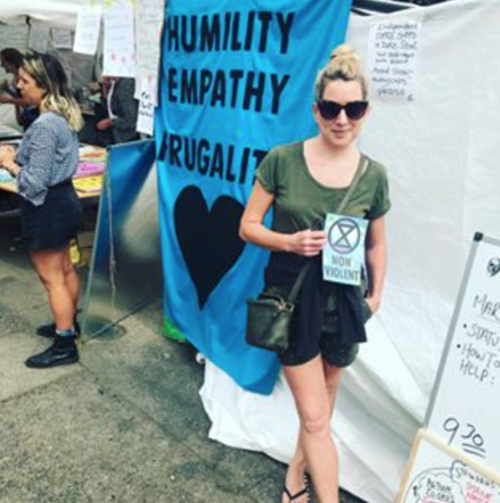
In the face of such complex realities, there is nevertheless a deep desire to pull together. Not least because, despite the urgency of this moment, the commitment to empathy and humility is common to both movements (see picture).
The two days followed a rhythm of learn and explore, learn and explore. Day 1 offered a number of solution sessions, from Building the Open Credit Network, Citizen Led Economic Transition, Alternative Local Food Systems, Women as a Force for Social Change, to our own How to Build a Citizens Action Network. (The full list and presentations to be published soon).
Even more than last year, these could all be seen as generic parts of a coherent system – elements of the code for shifting control – rather than a collection of our singular passions.
In the afternoon we challenged ourselves to get beyond what we already knew, and move into full-collaboration-in-the-face-of-emergency-mode. Split into groups of 15 we took on a three-part question:
1. What are you currently doing to build agency at the local level, or shift power from national government and corporations?
2. What will it look like when we have successfully built agency at the local level and shifted power? What will be different locally and how are regional and national levels be supporting this?
3. What will it take for us to achieve that? Specific proposals within clear time frames. What are the barriers? What help do you need?
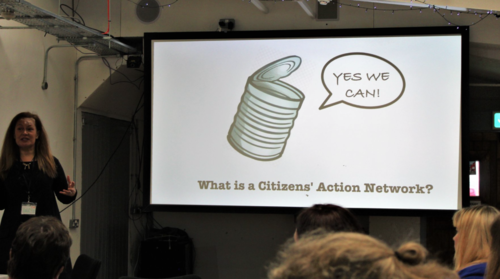
In the plenary that followed much clustering of initiatives and next steps were identified. But there were just as many calls for other kinds of work – personal and inter-personal conversations to be had. How do I let go of my own ‘thing’ to work with others? Is it OK to expect historically excluded people to prioritise environmental concerns? Can we ever pick up enough speed working from the grassroots up?
In many ways, the concerns that have to be addressed in the moment of a call to action are exactly where the democracy crisis meets the environmental crisis. For many this is summed up by the phrase climate justice: never forgetting inclusion as you move towards your goals. But for others, particularly those coming with tech solutions, speed is our priority. This often favours a more masculine, solutions-oriented mode of operation: build the space / website / institution as a workable machine, then discuss how to occupy it later.
Maybe the trick is to be able to hold all these different speeds of operation, allowing different groups to pursue each, without sacrificing the forward movement we need now. Until now, no national level government has managed to do this successfully.
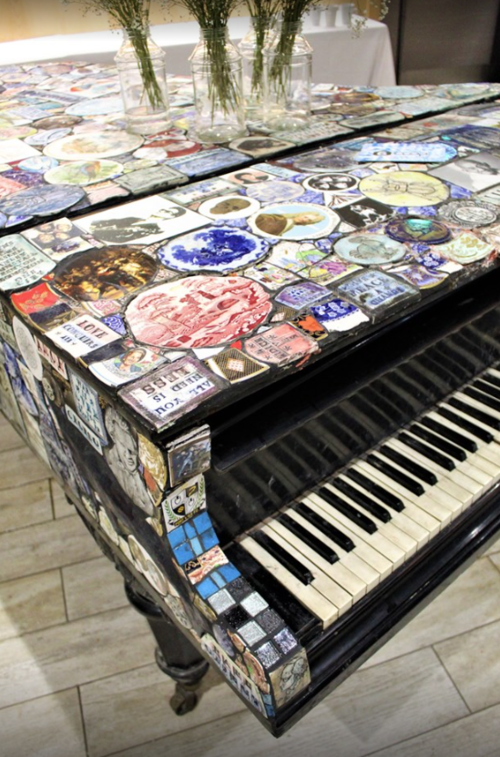
Is it because there is no trust between those groups with different ideas of what agency is? Can that be much better achieved as a municipal level, where people can meet, talk and share identity?
Do we need far more explicitly feminine practices of reflection and relationship in the public space to ensure that? No coincidence maybe that the local Stoke band entertaining us that evening was Venus Rising!
Day 2 of CTRLshift 2 began with a second wave of diverse and rich solutions sessions. I sat in with Stoke’s own CounterCoin project which we’ve blogged about more than once.
CounterCoin is a physical coin that rewards young volunteers with access to excess – whether empty cinema tickets, bus seats or fresh food. While the conversation contains the successes and failures of other local currencies it also moves us much more incisively into the integration of the democracy and environmental crises.
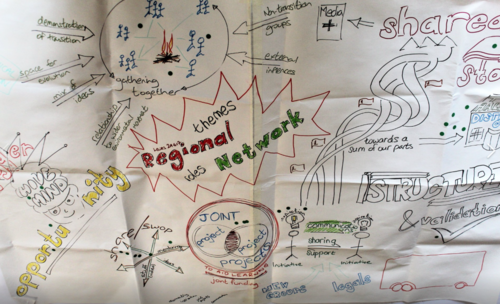
CounterCoin is not singularly about keeping the economy local. It’s also about enabling youth engagement, transforming waste and the understanding about the creation of value.
In the conversation was a member of the police force (whose other interest was planting 5 billion trees). He described in detail the impact of deprivation on the mental and emotional health of all ages. We talked about how tracking the coins and developing new indicators could transform what is seen as value in the region.
A former government advisor, also in my group, asked pointedly: “might public services be willing to share some of their resources with the businesses that collect the most coins – to keep them generating more quality intervention in the lives of young people?” Or, in what ways could CCoin be used to pay XR Youth?
The afternoon was spent in pure acceleration: less new and original initiatives, more integration and convergences. The 35 CTRLshift partners agreed to continue working together to advance common goals and support further CTRLshift summits and convergences. How about a CTRLshift in every region?
A local Stoke-on-Trent group started up to build the momentum from this event into a local movement, develop a toolkit, and then hand it off to local groups in the next CTRLshift host city. Turning Stoke from Brexit Capital to Social Capital. Another group committed to engage with local governments and make available to them easily digestible and actionable outcomes, ideas and thinking coming from CTRLshift.
Following a great session with Jason Nardi of the Intercontinental Network for the Promotion of Social Solidarity Economy(RIPESS) and co-organiser of the 2020 World Social Forum of Transformative Economies(FSMET), there was lots of energy among participants to connect with future CTRLshifts. As well as next year’s International Degrowth Conference in Manchester. This may lead to an events ‘continuity group’ seeking to cross pollinate many future events, conferences and convergences across the country throughout the year.
But just as many conversations and commitments were personal. As one participant shared with me: “There’s definitely a part of me that is only interested in my own project. But there’s also a part which is called to action to serve this emergency we are all in together.
“To be honest, we can’t afford to be only frustrated with the people we know should be doing the work. This has to be about us all stepping into our own power, individually and together. Doing it our way”.
Could we put it any better?
